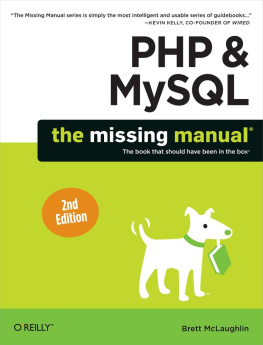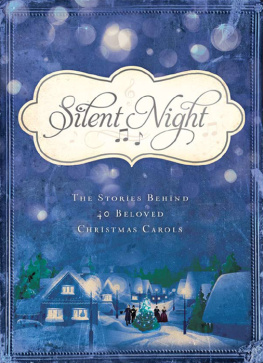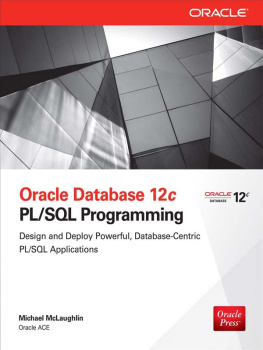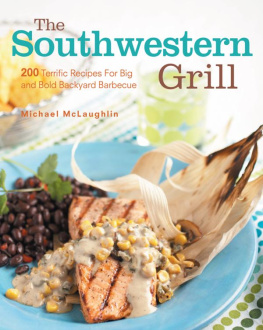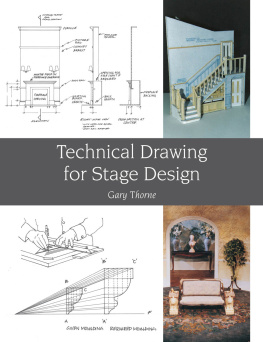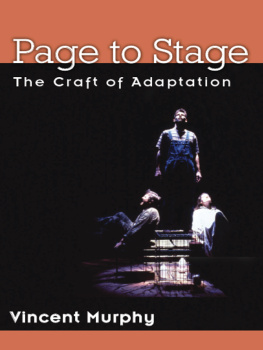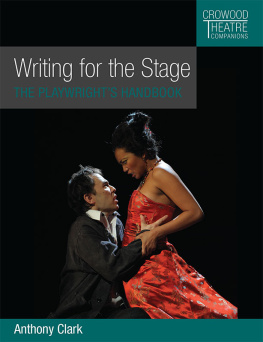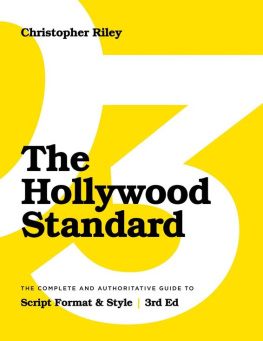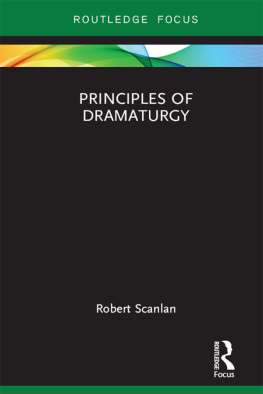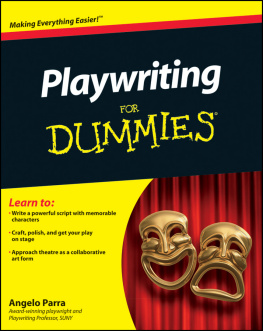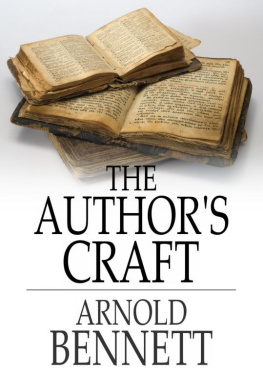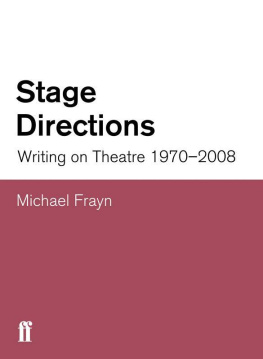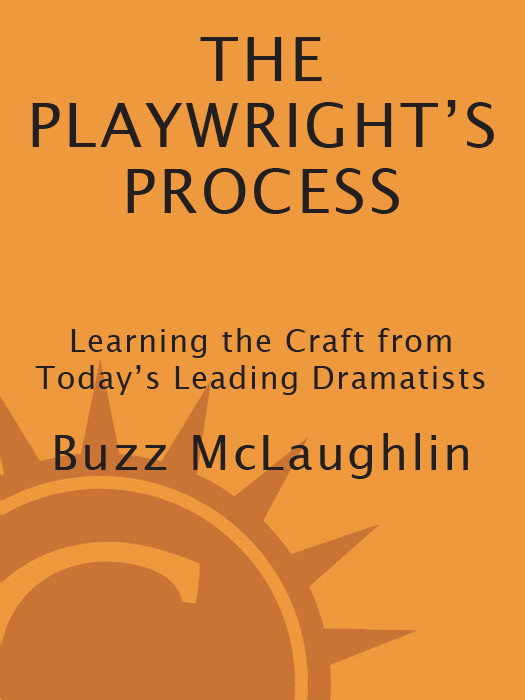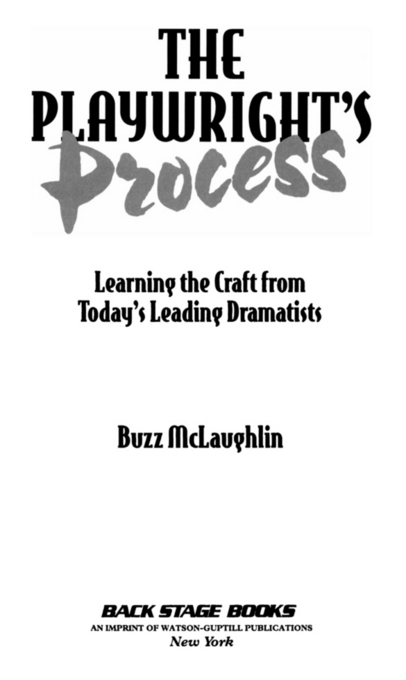Copyright 1997 by Buzz McLaughlin
All Rights Reserved
First published in 1997 in the United States by Back Stage Books, an imprint of Watson-Guptill Publications, a division of VNU Business Media, Inc., 770 Broadway, New York, NY 10003
www.watsonguptill.com
Library of Congress Cataloging-in-Publication Data
McLaughlin, Buzz, 1944
The playwrights process : learning the craft from todays leading dramatists / Buzz McLaughlin
p. cm.
eISBN: 978-0-307-79952-4
1. Playwriting. 2. Dramatists, American20th centuryInterviews. I. Title.
PN1661.M35 1997
808.2dc21 97-7977
All rights reserved. No part of this publication may be reproduced or used in any form or by any meansgraphic, electronic, or mechanical, including photocopying, recording, taping, or information storage and retrieval systemswithout written permission of the publisher.
Editor: Dale Ramsey
Production manager: Ellen Greene
v3.1
For Kris
CONTENTS
1
FORMULATING YOUR DRAMATIC IDEA
2
STATING YOUR DRAMATIC PREMISE
3
LOOKING FOR IDEAS
4
THE PLAY IDEA WORKSHEET
5
EXPLORING YOUR CHARACTERS
6
DEVELOPING THE BACKSTORY
7
CREATING THE WORKING DRAWINGS
8
WORKING IN THE STANDARD FORMAT
9
BRINGING IT TO LIFE
10
YOUR FIRST DRAFT
11
BEGINNING THE REWRITING PROCESS
12
THE ONGOING DEVELOPMENT PROCESS
ACKNOWLEDGMENTS
As is always the case, a book gets published with the help of many people. For me the list is a long one and stretches back over three decades of working in the theater and teaching playwriting.
My first thanks must go to the hundreds of students Ive had in classes and workshops over the years. How best to tackle the task of writing a good play has been the singular goal in my teaching, and most of the discoveries made in this often elusive arena have come from the give and take thats constantly occurred between us. Everything presented in this book has gone through exhaustive testing and refinement in the classroom, and Im forever indebted to this large group of people.
I am also greatly indebted to the Dramatists Guild for the extensive interview series Ive conducted under their auspices and which is so much a part of this book. And, of course, that indebtedness extends to the playwrights themselves for their willingness to share how they work in such detail. The fruits of these sessions are made available thanks to the generosity of these gifted writers and the organization that represents them. Specifically, I thank Jason Milligan for originally envisioning and then setting up the interview series at the Guild; Gary Bonasorte and Scott Segal for administering the bulk of the sessions; and Dana Singer, associate director of the Guild, for her support and guidance. Im also grateful to McCarter Theatre and to their literary manager, Janice Paran, for the opportunity to interview Athol Fugard in Princeton.
Special thanks must go to Drew University for granting me the time and financial support to undertake and complete this project; to Playwrights Theatre of New Jersey for the numerous opportunities theyve given me to work with new plays in a professional setting; to The New Harmony Project for the many years of my participation in its ongoing developmental work with new scripts; and to all the theaters and directors who have done my plays for the privilege of experiencing what it means to be a produced playwright.
Thanks are due to my play agent, Bruce Ostler, for taking the book manuscript to the Fifi Oscard Agency, and to Fifi for her enthusiastic support.
I am especially grateful to my friend Dale Ramsey, editor of Back Stage Books, for his early belief in the book and his invaluable suggestions and expertise in preparing the manuscript for publication.
Most importantly, I thank Kris, my wife, for giving of her time and talents in her typically selfless way to see this project through with me. This book is really one of our team efforts, although I did actually write the words. Without her collaboration, however, it never would have happened, as is the case with every meaningful endeavor of my life for the last thirty years.
INTRODUCTION
The word playwright suggests that plays are wrought rather than written, much as wheels were once made by wheelwrights. It suggests that raw materials must be shaped and formed into a working whole by following precise specifications. All parts must serve as a function of the finished piece. And like the wheel, the play must have a hub, a center, which distributes the load evenly. It must spin freely. It must have perfect balance. If a wheel is made wrong, it will quickly fall apart once running on the roadway. If a play is made wrong, it will quickly fall apart once running on the stage.
This book is intended as a basic guide for anyone considering making a play. It leads you through the process of (1) formulating an idea with dramatic potential; (2) creating characters who can bring that idea to life; (3) designing a sound structural framework; (4) getting it all down on the page; and (5) testing and launching the play once written.
Throughout, each step is illuminated by the comments and advice offered by the many established playwrights Ive interviewed:
Edward Albee
Lee Blessing
Horton Foote
Athol Fugard
John Guare
Tina Howe
David Ives
Romulus Linney
Emily Mann
Terrence McNally
Arthur Miller
Marsha Norman
John Patrick Shanley
Wendy Wasserstein
Michael Weller
Lanford Wilson
Drawing heavily from transcripts of these sessionsmost of which took place at the Dramatists Guild headquarters in New York City before audiences of member playwrightsThe Playwrights Process utilizes over two hundred and fifty quotes from these proven masters of the craft as they explain in their own words why they write their plays the way they do.
What is unique here is that, in a deliberate effort to deal exclusively with process, all the interviews were conducted using the same series of questions asked in the same basic sequence. Because of this, as you work through the book youll encounter numerous and personal responses to each specific aspect of the craft. Not surprisingly, the dramatists involved proved without exception to be thoughtful, generous people eager to share what theyve learned over the course of their extraordinary careers. Their in-depth and personal accounts of how they work and what theyve learned shed a rare and bright light on the often difficult endeavor of constructing a play that works.
The book is designed, then, to serve as a support system for you, the writer, as you navigate the often murky waters to get to that first readable draft and beyond. Its single goal is to help you wright your plays so theyll run brilliantly and for a long time.
The basis for what is presented here, in addition to the wisdom gleaned from the interviews, comes from my own accumulated insights gained as a playwright, as founder and artistic director of Playwrights Theatre of New Jersey, a professional company working exclusively with new American plays, and also from over twenty years of teaching playwriting at universities and in professional workshops around the country. A good portion of my career has been spent working closely with emerging and established writers as theyve tested their new plays, uncovering what worked and what didnt through readings, workshops, and productions. Over the years Ive analyzed and dissected hundreds of plays and helped playwrights redesign and reshape their scripts.


